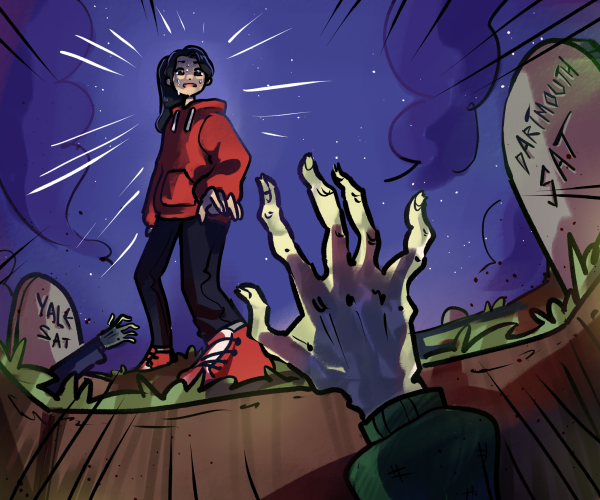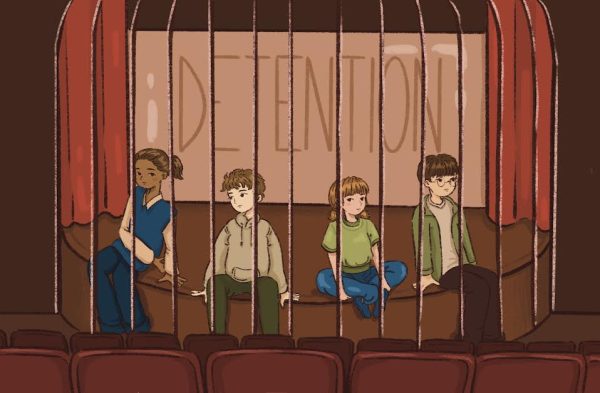Nationalism encourages political violence
While addressing a packed Houston arena on Oct. 22, President Trump called himself a proud American nationalist and encouraged his followers to use the word freely.
Trump’s embrace of the term thrilled many of his white nationalist supporters. They interpret his remark to be an endorsement of their agenda, which calls for the United States to craft policy around the interests of a federally enforced white supermajority.
The alt-right is no longer hiding in the shadows either.
White nationalist Nick Fuentes wrote that Trump declaring himself to be a nationalist was a “substantial improvement” from calling himself a patriot, because nationalism “is inherently connected to race.” Gab, the social media site known for hosting white nationalists banned from Twitter, said Trump was “stunning and brave” to “come out of the closet as an American Nationalist.”
Trump’s refusal to condemn these groups, in conjunction with the use of the terminology related to these groups, has been fueling the flames of hatred in America and contributing to the spike of hate crimes in the two years since his election.
The most recent supremacy-driven attack was the shooting at Pittsburgh’s Tree of Life synagogue on Oct. 27. This attack is being considered one of the deadliest attacks against the Jewish community in the U.S.
The shooter, Robert D. Bowers, made many social media posts on Gab similar to those made by other white-supremacists and fascists.
We believe a hate crime on this scale should be condemned immediately, and the source of the motive, especially one that is violent, fascist, and anti-semitic, should be uprooted.
But on the day of the attack, Trump said to reporters, “If there was an armed guard inside the temple, they would have been able to stop him.”
Jewish people were already the victims of more reported hate crimes than any other religious minority before Trump was elected. In 2016, 684 anti-Jewish incidents were reported, more than the rest of religiously motivated hate crimes combined, according to FBI statistics.
In 2017, the Trump’s first year in office, anti-semitism incidents have increased by 57 percent, according to the Anti Defamation League.
It’s not just anti-semitism on the rise, either. The FBI showed an overall increase in reported hate crimes of more than 4 percent from 2015 to 2016.Anti-Islamic crimes accounted for 307 incidents, up 19 percent from the previous year.
These dates correlate directly with Trump’s election.
We must take a stance against the uprising culture of hatred if we want to have a chance at becoming united.




